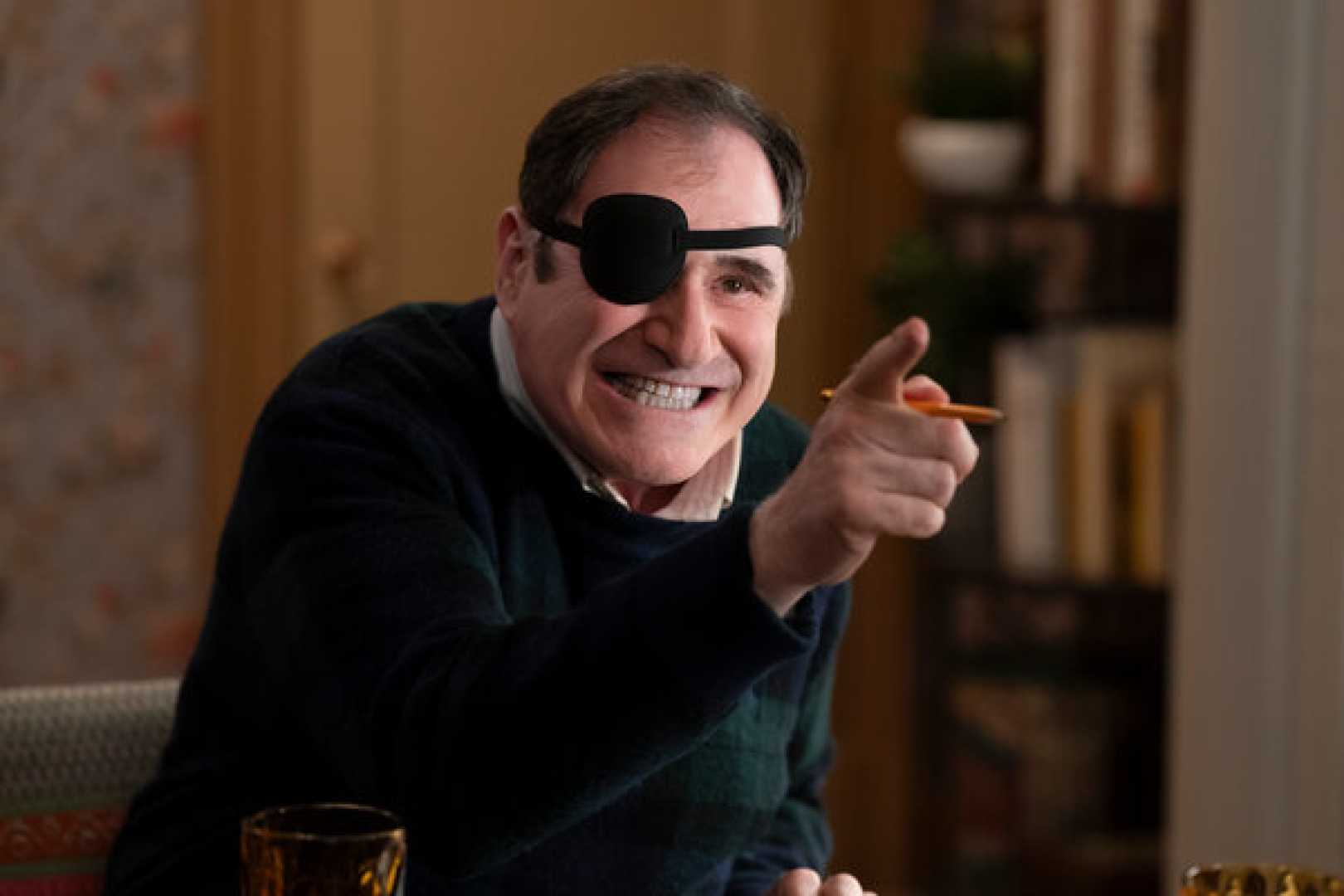Entertainment
A Summer Encounter with Richard Kind Changed My Theater Path

CHICAGO, IL — In a life-changing moment, a young aspiring actress attending a theater program at Northwestern University confronted Richard Kind, a renowned comic actor, who delivered an unexpected piece of advice that resonated deeply.
During the summer of 2021, I joined other theater enthusiasts at a program designed to approximate a conservatory experience. Aimed at preparing students for auditions at prestigious schools like Juilliard, this endeavor presented both promise and pressure. The atmosphere was electric, filled with competitive spirits and youthful ambition.
The program was led by a husband-and-wife team whose motivational mantra, ‘You get to be here,’ underscored the privilege of pursuing a career in the arts. Such insights seemed vital for aspiring actors, but no one anticipated a subsequent encounter with Kind would stir an unsettling reflection on our dreams.
Kind, best known for his roles in iconic sitcoms like “Curb Your Enthusiasm” and “Spin City,” was performing in Stephen Sondheim‘s Road Show as our program’s special guest. After a particularly subpar performance, the excitement waned, leaving us restless before the imminent Q&A session.
When a fellow student sought advice from Kind, hoping for an encouraging message to propel her ambition, his response was strikingly candid: “Don’t do it.” There was a stunned silence among us.
The group leader attempted to soften the blow, reiterating the mantra about wanting it enough. But Kind insisted, “If I could do it all over again, I wouldn’t do it. I’d be a lawyer. This kind of stuff does not pay well.”
His words hung heavily in the air, and the group seemed divided. While others appeared to brush off his remarks, I found his brutal honesty both amusing and thought-provoking. It prompted a wave of self-reflection on my part: what if I didn’t want this life of constant auditions and rejections? What were my true aspirations?
After the Q&A, I watched as Kind left the theater, clad in casual clothes, pedaling away on a bicycle. There was liberation in that scene, a simple man stepping away from the theatrical spotlight.
Despite Kind’s profound impact, I continued in theater for several years, eventually needing a pause. Over time, it became evident that the art didn’t require an all-consuming obsession, but rather the joy of creation itself, akin to breathing or eating.
In hindsight, Richard Kind’s comments reflected the career uncertainty faced in the arts. His sincerity offered a rare glimpse into the pressures hidden behind the glamour of Hollywood. It reminded me that, amidst the daunting prospect of the professional stage, one must also find personal fulfillment outside the theater.
Ultimately, pursuing the arts can be both rewarding and humbling. Kind remains a cherished figure in my journey, and his unexpected advice helped reshape my perception of success.












